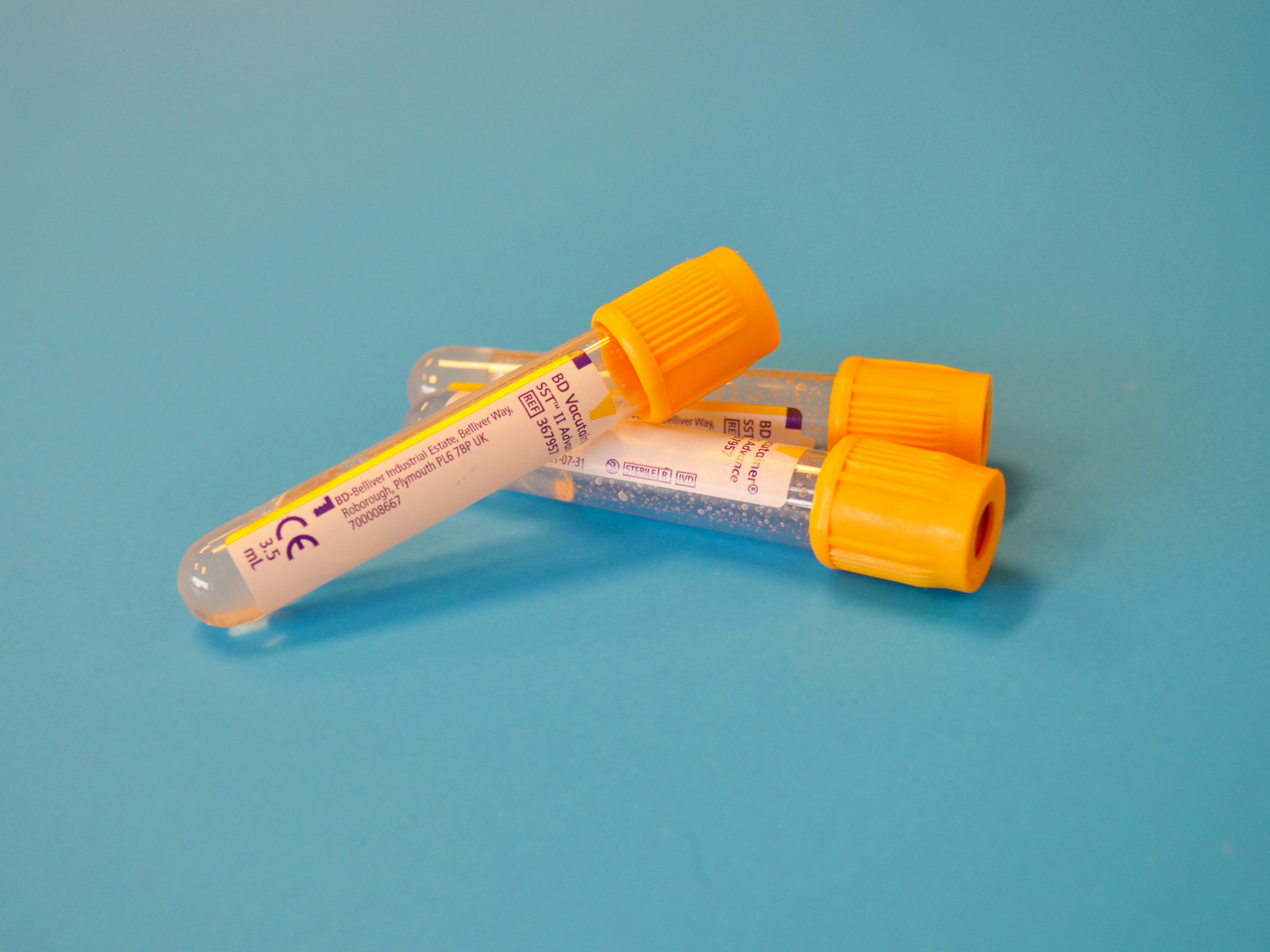General Guidelines for a Caloric Deficit
For most individuals, a caloric deficit of 300-500 calories per day is a safe and effective range to target. This can lead to a gradual weight loss of about 1 pound per week, since 1 pound of fat roughly equals 3,500 calories. A deficit of 500 calories per day will amount to a 3,500-calorie deficit over the course of a week.
This moderate deficit strikes a balance: it’s not so extreme that it leads to muscle loss, metabolism slowdown, or feelings of deprivation, but it’s also significant enough to support consistent weight loss when combined with proper nutrition and physical activity.
Factors Affecting Caloric Needs
The exact caloric deficit you should aim for depends on several factors, including:
• Age: Older individuals generally have lower metabolic rates, requiring fewer calories to maintain their weight.
• Gender: Men often have more muscle mass than women, which allows them to burn more calories at rest.
• Activity Level: Someone with a very active lifestyle or who exercises regularly will burn more calories and may require a smaller caloric deficit to lose weight.
• Body Composition: Muscle burns more calories than fat, so those with higher muscle mass will have different caloric needs compared to someone with less.
Combining Caloric Deficit with Diet and Exercise
To achieve and maintain a caloric deficit, it’s important to focus on both diet and exercise. Here are some tips to help you stay on track:
• Nutrition: Eating a nutrient-dense diet, full of vegetables, lean proteins, healthy fats, and whole grains, will help keep you full and satisfied without overeating.
• Exercise: Incorporating physical activity, such as strength training or cardiovascular exercise, will not only help create a caloric deficit but will also preserve muscle mass, which can be lost during weight loss.
Why Avoid Extreme Caloric Deficits?
While it may be tempting to go for a larger caloric deficit to lose weight faster, aggressive deficits (more than 500 calories a day) can lead to negative consequences such as:
• Muscle Loss: If the body doesn’t get enough energy from food, it may break down muscle for fuel.
• Slowed Metabolism: Extreme calorie restriction can cause the metabolism to slow down, making it harder to lose weight and maintain weight loss.
• Increased Hunger and Fatigue: Drastically cutting calories can lead to intense hunger, irritability, and low energy, making it difficult to stick to your plan.
In conclusion, aiming for a 300-500 calorie deficit per day is a sustainable way to lose weight without compromising your health. Pairing this approach with a balanced diet and regular physical activity will optimize your weight loss results and ensure you’re losing fat, not muscle.
Are you looking for support on your weight loss journey? Let's Chat!










